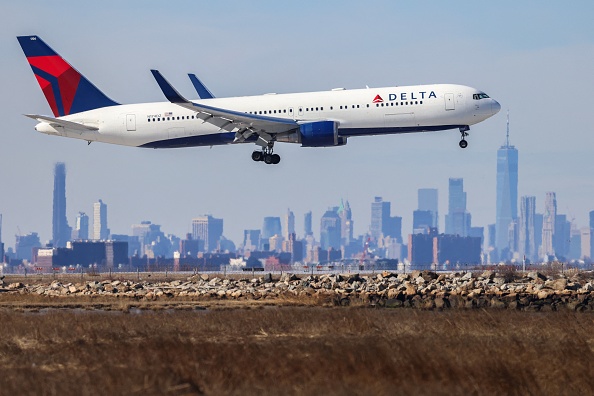Can injured bicyclist tap dad's uninsured motorist coverage? Despite policy exclusion, it's covered, top Illinois court says

“The public policy behind UM coverage is to place the insured in the same position as if the at-fault party carried the requisite liability insurance,” the Illinois Supreme Court said in a Nov. 30 decision. Image from Shutterstock.
The Illinois Supreme Court has ruled against the Direct Auto Insurance Co. in a dispute over the reach of its uninsured motorist coverage.
In a Nov. 30 decision, the Illinois Supreme Court said a policy that limited uninsured motorist coverage to insured parties in an “insured automobile” can’t be used to deny benefits to a covered party injured while on a bicycle.
The state supreme court ruled that the provision can’t be enforced because it conflicts with Illinois insurance law and its underlying purpose.
The Chicago Sun-Times, WTTW and ABC 7 have coverage.
The state supreme court ruled for policyholder Fredy Guiracocha, whose 14-year-old son, Cristopher, was injured by a hit-and-run driver while riding his bicycle in Chicago in September 2020. Guiracocha’s policy covered members of his family who are injured by uninsured drivers while in an insured vehicle.
Illinois insurance law requires all drivers to carry a minimum amount of liability coverage, as well as uninsured motorist coverage with the same minimums. Once a person qualifies as an insured under bodily injury policy provisions, that person is also treated as an insured for purposes of uninsured and underinsured motorist coverage. The law also says insurance policies in Illinois must provide coverage to “any person” for injuries “arising out of the ownership, maintenance or use of a motor vehicle.”
The Direct Auto Insurance Co. argued that Cristopher wasn’t an insured because he wasn’t injured while occupying a vehicle, as required by the policy. The Illinois Supreme Court rejected that argument in an opinion by Justice Lisa Holder White.
“The public policy behind UM coverage is to place the insured in the same position as if the at-fault party carried the requisite liability insurance,” the state supreme court said. “Thus, whether the injured person occupied a vehicle at the time of the accident with an uninsured vehicle is not the proper inquiry. Rather, the inquiry should be whether the person’s injuries resulted ‘out of the ownership, maintenance or use of a motor vehicle,’ including the uninsured at-fault vehicle.”
Guiracocha was represented by the Disparti Law Group, according to a Nov. 30 press release.



